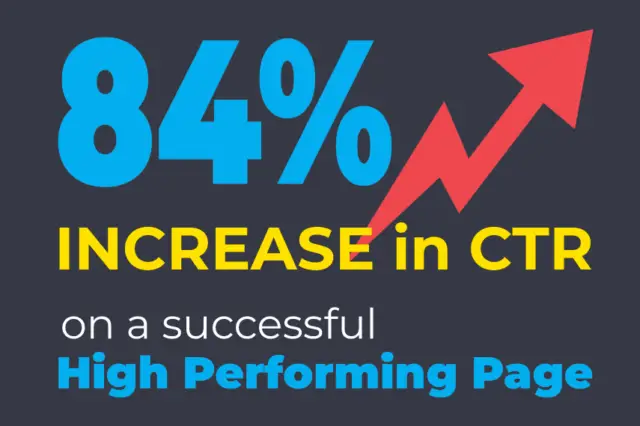Term:
HTML
Definition:
HTML, which stands for Hypertext Markup Language, is a computer language that is used to create and design web pages. It is one of the core technologies used in the World Wide Web and has been in use since the early days of the internet. HTML is a markup language, which means it is used to describe the structure and content of a web page.
When a user visits a web page, the web browser requests the page from the server where it is hosted, and the server sends the HTML code to the browser. The browser then reads the code and uses it to display the page to the user. HTML code is made up of tags, which are enclosed in angle brackets, such as <html>, <head>, and <body>. These tags tell the browser how to display the content on the page, including text, images, links, and other media.
HTML was first introduced in 1991 by Tim Berners-Lee, who is often referred to as the father of the World Wide Web. At the time, Berners-Lee was working at CERN, the European Organization for Nuclear Research, and he wanted to create a way for scientists to share information more easily. He developed the first version of HTML as a way to describe documents and link them together in a web of hypertext.
The early versions of HTML were relatively simple, and they did not include many of the features that are commonly used in modern web design, such as cascading style sheets (CSS) and JavaScript. However, as the web grew in popularity, HTML evolved to become a more sophisticated and powerful language.
Today, HTML is used in conjunction with other web development technologies, such as CSS and JavaScript, to create dynamic and engaging web pages. HTML5, the latest version of HTML, was introduced in 2014 and includes many new features and improvements that make it easier to create rich, interactive web applications.
One of the key features of HTML5 is its ability to handle multimedia content, such as audio and video. With HTML5, developers can embed multimedia content directly into web pages without requiring third-party plugins like Flash. This makes it easier to create responsive, mobile-friendly web applications that can be accessed on a variety of devices.
Another important feature of HTML5 is its support for semantic markup. Semantic markup is the practice of using HTML tags to describe the meaning and purpose of content on a web page, rather than simply defining how the content should be displayed. For example, instead of using a <div> tag to define a block of content, developers can use more specific tags like <article>, <section>, and <aside> to provide additional context and meaning to the content.
HTML is a foundational technology for web development, and it is used by millions of developers around the world. It is an open standard, which means that anyone can use it, and it is continually evolving to meet the needs of modern web development. While HTML may seem simple on the surface, it is a powerful tool that allows developers to create engaging and interactive web applications that can be accessed by users around the globe.
HTML stands for hypertext markup language. HTML is the standard coding language that web browsers read and website creators use to build the templates we see on the internet today. HTML is usually used in conjunction with other coding languages such as PHP, CSS, and JavaScript. HTML is one of the three current cornerstones of the internet we know today. HTML, CSS, and JavaScript.
Related:

Miles Anthony Smith
Miles is a loving father of 3 adults, devoted husband of 24+ years, chief affiliate marketer at AmaLinks Pro®, author, entrepreneur, SEO consultant, keynote speaker, investor, & owner of businesses that generate affiliate + ad income (Loop King Laces, Why Stuff Sucks, & Kompelling Kars). He’s spent the past 3 decades growing revenues for other’s businesses as well as his own. Miles has an MBA from Oklahoma State and has been featured in Entrepreneur, the Brookings Institution, Wikipedia, GoDaddy, Search Engine Watch, Advertising Week, & Neil Patel.




